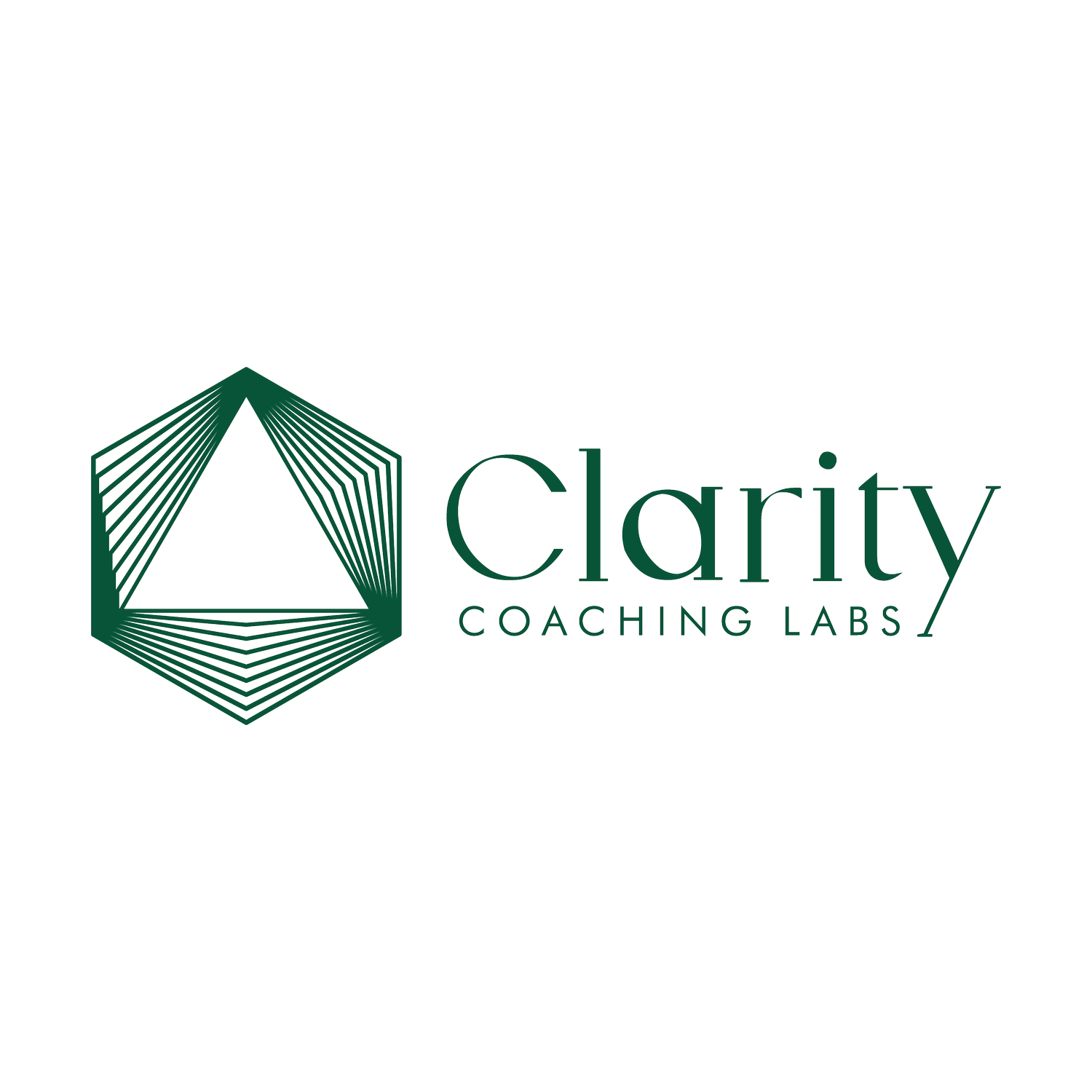How to Make a Values-Based Decision Without Overthinking
Making decisions can feel like standing at a crossroads, staring down multiple paths, each with its own set of possibilities and pitfalls. It's no wonder that decision fatigue is a genuine issue many of us face. But what if, instead of chasing the elusive "right" decision, we focused on making choices that align with our core values? This shift in perspective can transform decision-making from a stressful challenge into an empowering process. In this post, we'll explore how to make values-based decisions without overthinking, offering a simple framework to guide you towards choices that resonate with your true self.
Understanding Values and How to Identify Them
Before diving into the framework, let's first clarify what values are. In essence, values are the fundamental beliefs that guide our actions and decisions. They are deeply personal and reflect what we consider important in life. Identifying your values can provide clarity and direction.
How to Identify Your Core Values
Reflect on Past Experiences: Think about moments when you felt truly fulfilled and satisfied. What values were being honored in those moments?
Consider Role Models: Identify people you admire and the qualities they embody. What values do they reflect?
Prioritize Your Values: Create a list of potential values and prioritize them. Which ones resonate most strongly with you?
These steps can help you pinpoint your top 3-5 values, which will serve as the foundation for decision-making.
The Reality of Decision Fatigue
Decision fatigue occurs when the mental energy required to make decisions becomes depleted over time, leading to impaired judgment and increased stress. Research indicates that the average adult makes about 35,000 decisions each day. It's no surprise that constantly trying to make the "right" choice can be exhausting.
However, values-based individuals often report higher levels of satisfaction and achievement. A study published in the Journal of Positive Psychology found that people who make decisions aligned with their values experience greater overall well-being and are more likely to achieve personal goals.
Shifting Focus: Aligned Decisions over "Right" Decisions
Instead of getting caught up in the pressure of making the "right" decision, consider focusing on choices that align with your values. This approach not only reduces stress but also increases confidence in your decisions. Here's a simple framework to help you make values-based decisions without overthinking:
A Simple Framework for Values-Based Decision Making
1. List Your Top 3-5 Values
Having a clear understanding of your values is the first step. Write them down and keep them visible. This list will serve as your compass.
2. Map How Each Option Aligns or Conflicts with Those Values
When thinking about a decision you are struggling to make, list out the options you have (narrow it down to the top 3 options).
Now map how each option aligns or is in conflict with your top 3-5 values.
3. Notice How Your Body Responds When You Imagine Living Each Option
Your body can provide intuitive clues about the best decision. Reflect on how you feel when you visualize living each option. Do you feel tense or relaxed? Excited or anxious? Your physical responses can reveal what aligns with your true self.
Values Don’t Just Guide — They Filter
Values do more than guide decisions; they act as a filter. As you practice making values-based decisions, you'll find that you second-guess yourself less. Over time, this process becomes more intuitive, and you'll feel more aligned with your choices.
In a world where decision-making can be overwhelming, aligning your choices with your core values offers a path to clarity and fulfillment. As you embark on this journey, consider these thought-provoking questions:
How have my past decisions reflected my core values?
What would it feel like to eliminate decision fatigue by focusing on aligned choices?
How can life coaching for decision-making support me in this process?
If you're ready to explore this further, consider signing up for a free clarity call. Remember, it's not about making the "right" choice — it's about making the right choice for you.
